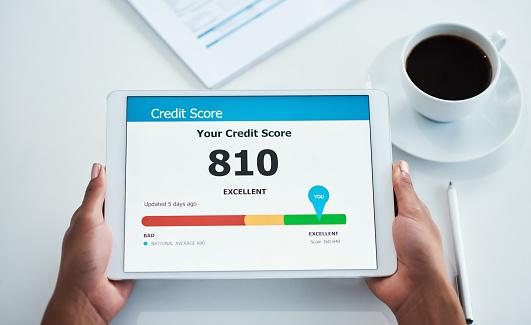What are the Five Steps to Improving Your Credit Score?

-
- Get copies of your credit report and then make sure the information is correct.
- Pay your bills on time.
- Understand how your credit score is determined.
- Your credit score is usually based on the answers to these questions:
- Do you pay your bills on time? The answer to this question is very important. If you have paid bills late, have had an account referred to a collection agency or have ever declared bankruptcy, this history will show up in your credit report.
- What is your outstanding debt? Many scoring models compare the amount of debt you have and your credit limits. If the amount you owe is close to your credit limit, it is likely to have a negative effect on your score.
- How long is your credit history? A short credit history may have a negative effect on your score, but a short history can be offset by other factors, such as timely payments and low balances.
- Have you applied for new credit recently? Too many new accounts may negatively affect your score. However, if you request a copy of your credit report or a creditor requests your score to make a lending decision, these inquiries are not counted as applications for credit.
- How many and what types of credit accounts do you have? Many credit-scoring models consider the number and type of credit accounts you have. A mix of installment loans and credit cards, may improve your score. However, too many finance company accounts or credit cards, might hurt your score.
- To learn more about credit scoring, see the Federal Trade Commission's website, How Credit Scores Affect the Price of Credit and Insurance.
- Learn the legal steps to take to improve your credit report.
- Beware of credit-repair scams.
*Information provided by the Federal Trade Commission (FTC), the nation's consumer protection agency.
